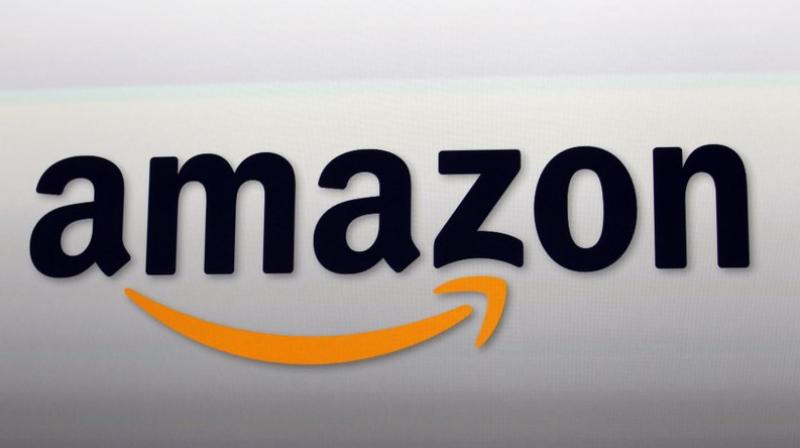Apple and Amazon lead the pack to $1 trillion market value

For a long time, Apple appeared to be flying solo to a $1 trillion market value, but Amazon is right at its heels — and experts have no fears of a tech bubble.
Apple, at $939 billion, remains the highest-valued private company on the global markets — and could well cross the $1 trillion finish line after it releases its quarterly results Tuesday.
But Amazon is right behind: on Friday, its market cap reached $917 billion, before finishing at $882 billion, thanks to quarterly figures well received by investors.
Google's parent company Alphabet ($886 billion) and Microsoft ($827 billion) are also on track, while Facebook ($505 billion) is out of the race, having shed $119 billion in value after results released Thursday.
The biggest traditional economic players — billionaire Warren Buffet's holding company Berkshire-Hathaway ($492 billion) and bank JPMorgan Chase ($395 billion) — have been relegated to mere spectators. State oil company PetroChina briefly broke the $1 trillion barrier in 2007 during its initial public offering, but has since dropped back down.
According to TDAmeritrade's mid-year review, online commerce giant Amazon's stock was the most popular buy in the first half of 2018, with Apple the second most popular sell.
"The retail trader who is buying that stock is also the same person who is probably an Amazon client," said JJ Kinahan, a chief market strategist for TDAmeritrade.
"They see a stock that has plenty of upside and benefitting from the money people have to spend with the economy and the job market improving," he added. But Apple, which unveils record high after record high when it comes to quarterly results, holds its lead.
Ken Berman, Gorilla Trades strategist, is convinced that Apple will reach the $1 trillion mark after its Tuesday results, thanks to its range of iPhones, growing interest in the iPad and strength in its services.
"I don't think Apple stock is that expensive," said Nate Thooft of Manulife Asset Management.
"The tech sector is the safe haven of the equity market right now."
Analysts insist the situation is a far cry from that in the late 1990s, when several start-ups exploded on Wall Street -- only for the "dot.com" bubble to burst.
"The big problem with the internet bubble was that the majority of businesses did not have revenues, did not have profits, many just responded to a fashion phenomenon," said Gregori Volokhine of Meeschaert Financial Services.
"That's not the case with all these companies that today have an essential place in people's lives," Volokhine said.
"Most of the leading tech companies in the late 1990s were trading at 100 times earnings," added Edward Jones investment strategist Kate Warne. "Very different than today."
Apple's price/earnings ratio stands at 18.62, underperforming the S&P 500 (20.86), the index representing the 500 biggest businesses on Wall Street. But even in case of economic crisis, the technology sector is in a good place, according to Maris Ogg, founding principal of Tower Bridge Advisors.
"If you start to see the economy slowing, if companies have to cut cost, to fire people, they will invest in technologies towards more automation," she said.
For Nicholas Colas of DataTrek Research, it is also hard for investors to evaluate the business strategies with a fairly new business model.
"Equity valuations for FANG (Facebook, Amazon, Netflix and Google) stocks and other internet-enabled business models is a fundamentally new challenge for investors," he said.
"At their core, they are ideas created by a handful of people, developed/maintained by perhaps 10,000 coders (and sometimes much less), but then used by billions around the world. This is a new phenomenon, and we suspect equity markets do not yet understand what 'correct/normalized' valuations should be."
